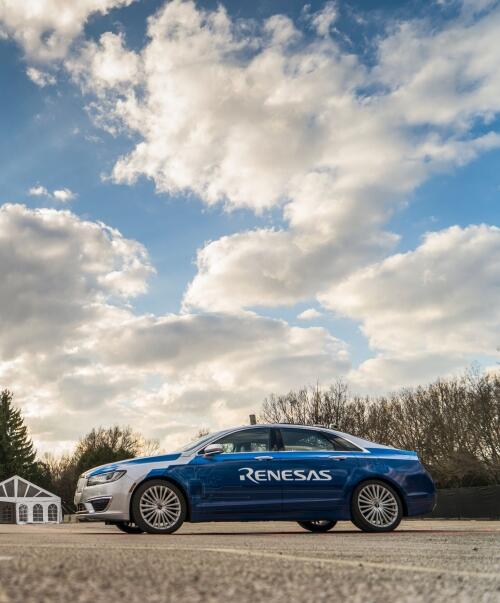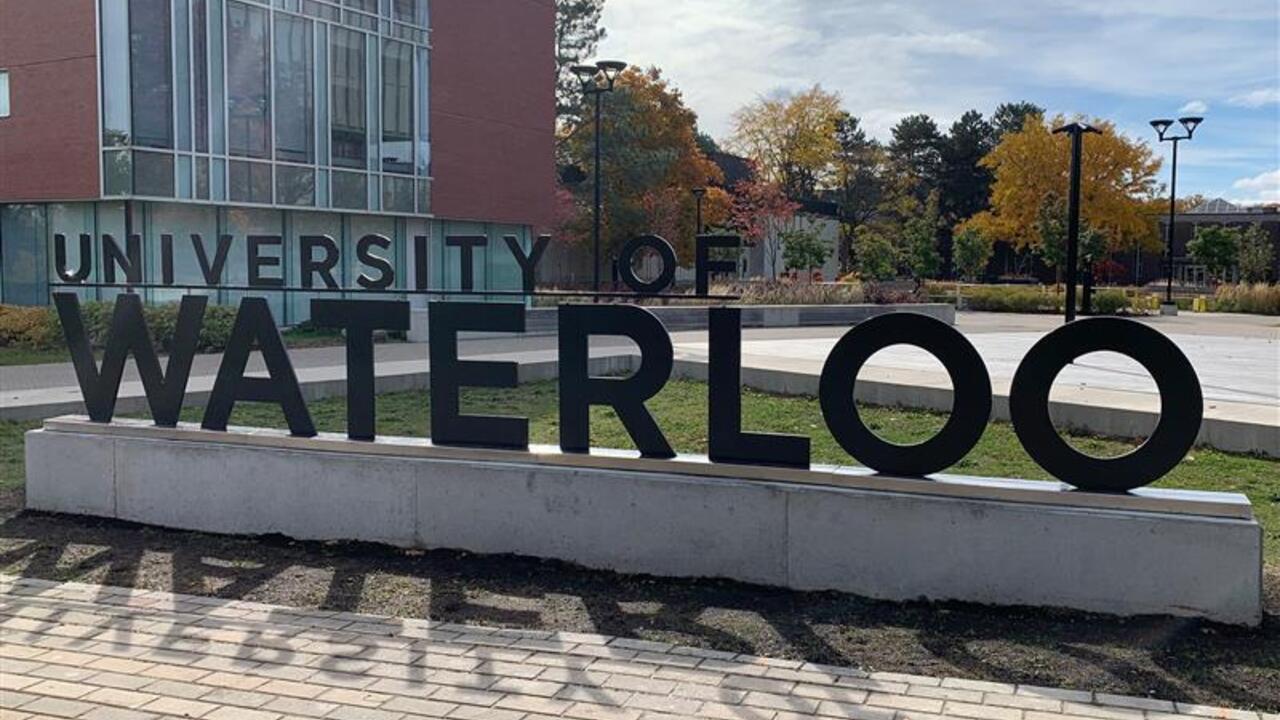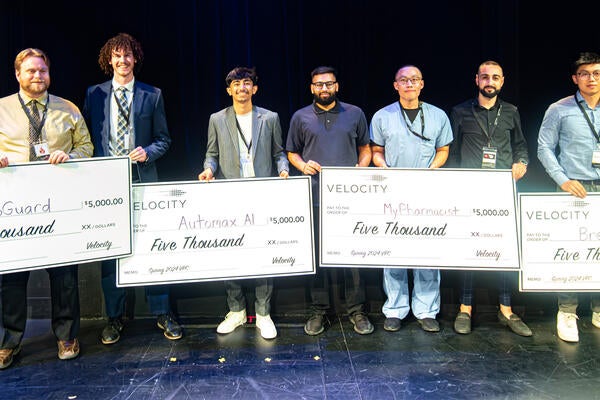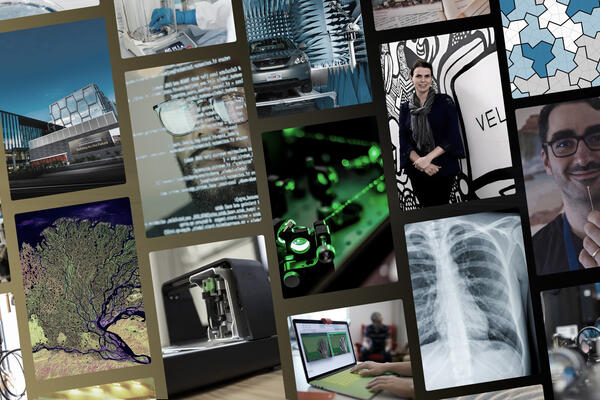Using sensors and powerful computers, the car is capable of detecting and responding to other vehicles, stop signs and traffic lights to provide a safer driving experience. For example, vehicle-to-infrastructure communications allow the vehicle to detect in advance when a traffic light will change.
More than 25 researchers from the Waterloo Centre for Automotive Research (WatCAR) contributed a framework architecture of computer programs to enable the car to operate autonomously, as well mechanisms to ensure safety in different driving scenarios. The team includes professors Sebastian Fischmeister and Steven Waslander, from Waterloo’s Faculty of Engineering, and Krzysztof Czarnecki, cross-appointed to Waterloo Engineering and the Cheriton School of Computer Science in the Waterloo’s Faculty of Mathematics.
“Working with Renesas, we’ve made great strides in developing a reference design for autonomous driving, and greatly accelerated our research agenda in all-weather autonomy and functional safety,” said Waslander, the autonomy lead on the project and professor in the Department of Mechanical and Mechatronics Engineering at Waterloo.
Prior to the demonstration, Waterloo researchers conducted extensive testing of the car at a local test track and in a parking lot in Stratford, Ontario, modelled on the Las Vegas demonstration site with the added complexity of adverse weather conditions.
“We are pleased to have the University of Waterloo as a contributing partner to our new autonomous vehicle,” said Amrit Vivekanand, vice president, Automotive Business Unit, Renesas Electronics America. “With Waterloo, we have established a deep working relationship, engaging with them beyond traditional academic levels of collaboration.”
The team is demonstrating the prototype on a closed course at CES. It uses the same Lincoln MKZ base model as Autonomoose, Waterloo’s automated car that received approval from the Government of Ontario in November as the first autonomous vehicle approved for testing on public roads in Canada.

Researchers from the University of Waterloo created computer programs and mechanisms to enable the car to operate autonomously in different driving scenarios. (Photo credit: investStratford/Terry Manzo)
Numerous other partners, including BlackBerry QNX, also contributed to development of the modified Lincoln MKZ sedan unveiled at CES. Acerta Systems Analytics, a UWaterloo spinoff, is providing performance and safety monitoring for the autonomous vehicle fleet.









